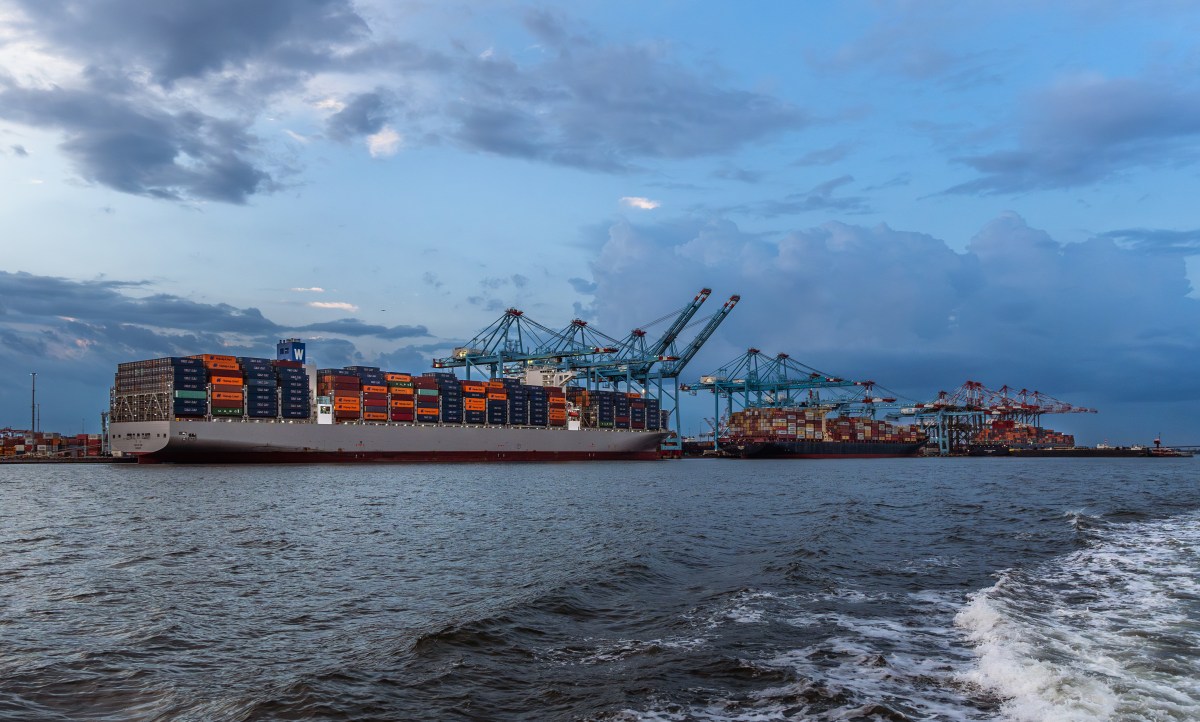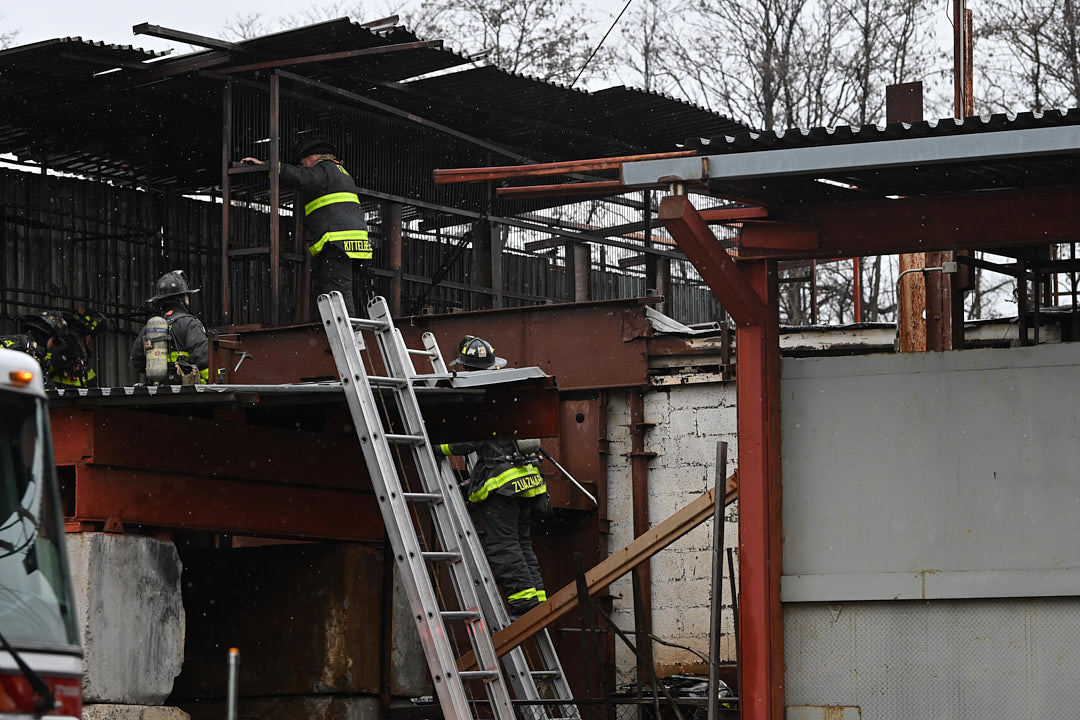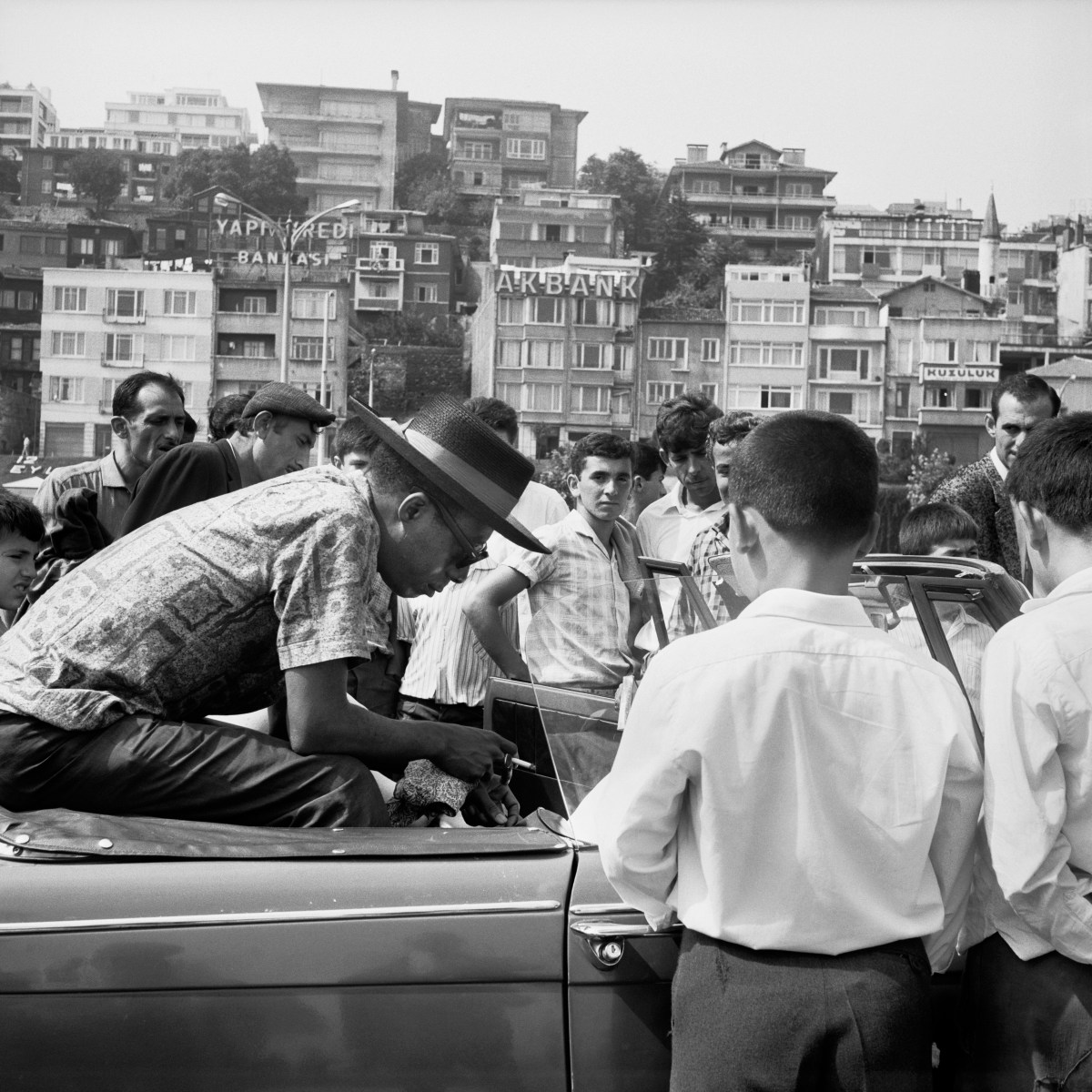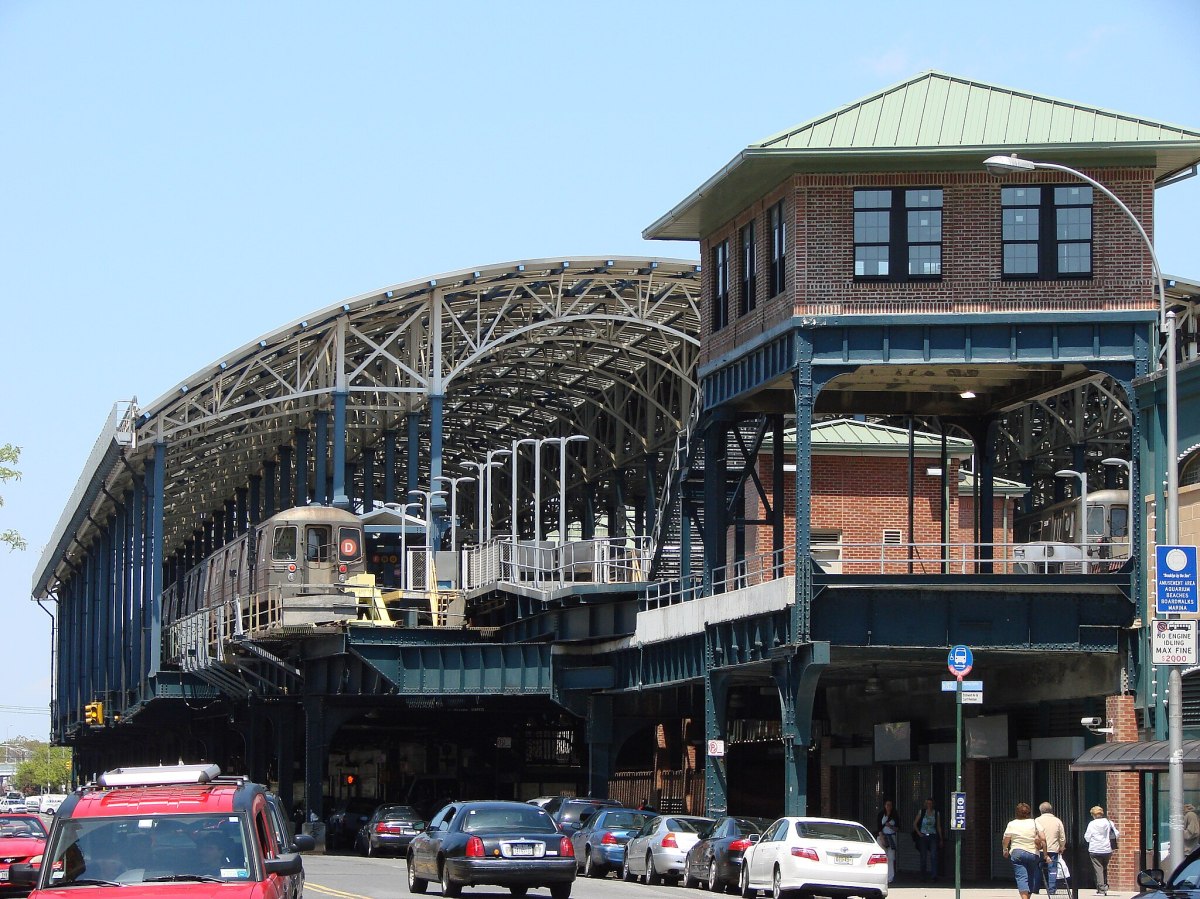The strike is over!
The International Longshoremen’s Association (ILA) said the three-day port strike — which impacted operations at the Port of New York and the Red Hook Terminal — is over, with workers heading back to East Coast docks as early as Friday morning.
“We’ve reached a deal on the two most important things to us in these negotiations,” Kenneth Riley, international vice president of the ILA, told an NBC affiliate in Charleston.
The strike centered primarily around automation and wages.
As per the new deal, there will be no fully automated terminals or semi-automated terminals on the East or Gulf Coasts over the next six years, which is the life of the new contract, Riley said.
The ILA also agreed with shipping companies on a wage package that was “robust enough” to bring the union members back to work.
“We’ll continue to negotiate over the rest of the items over the next 90 days, which would take us into January,” Riley said.
Riley said the deal was struck with assistance from the Biden administration.
“The most exciting piece for all of us is that our men and women are going back to work,” he said.
New Yorkers, fearing a shortage of products and price increases if the strike went on longer, were spotted throughout city stores stocking up on commodities such as toilet paper and paper towels, leaving shelves bare for others.
NYS Gov. Kathy Hochul sent out a statement:
“For the past several weeks, New York has been working in close coordination with our port facilities, neighboring states and the federal government, to prepare for a potential strike at facilities from Maine to Texas. Now that the International Longshoreman’s Association has decided to suspend their strike action while negotiations continue, I continue to urge USMX and the ILA to reach an agreement that respects the rights of workers and ensures a permanent flow of goods.”
Meanwhile, economists say America is not in the clear yet.
Christopher Ball, an economics professor at Quinnipiac University, said prices and inflation will rise, even with a new contract.
“If this is resolved, the workers will get large pay raises and less technology in their work areas,” he said. “That means inefficiency and hence high costs at our ports due to old equipment and a refusal to move to improved technology. The higher salaries also means higher prices for shipping and receiving which hits every industry to some extent.”
He added that with the strike being short lived, the country will see little price effect in the short term, but prices will increase at some point.
“Generally, we’ll just see it means the improving inflation situation worsens,” he said. “Not back to 9%, but it may take longer to get to 2%.”
A drawn-out strike would have meant some immediate price spikes and “maybe some isolated shortage,” Ball said.































